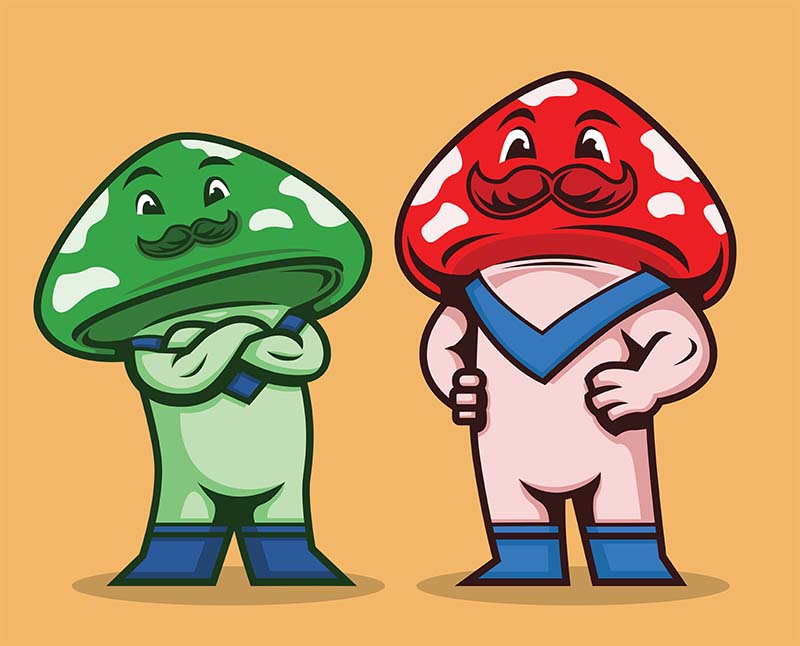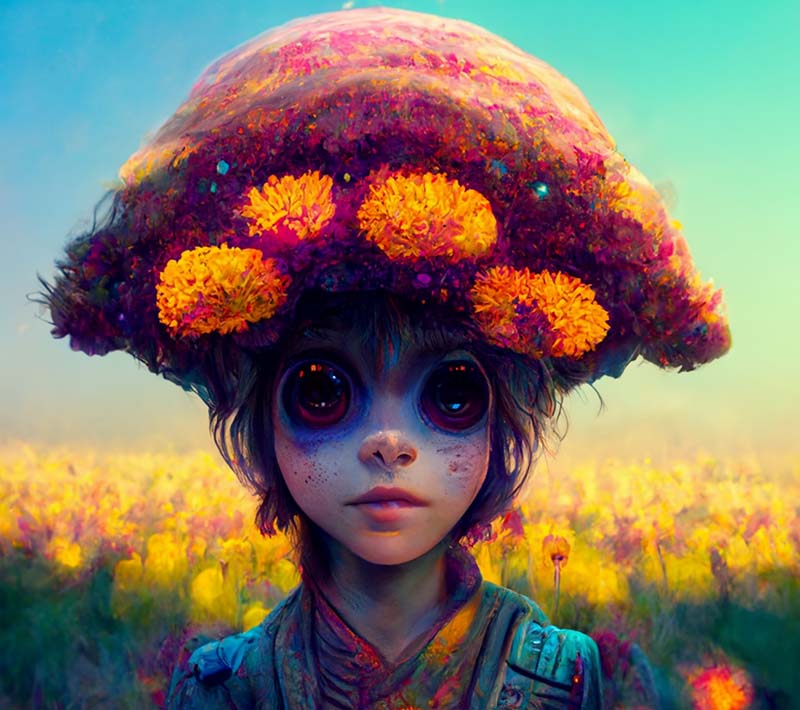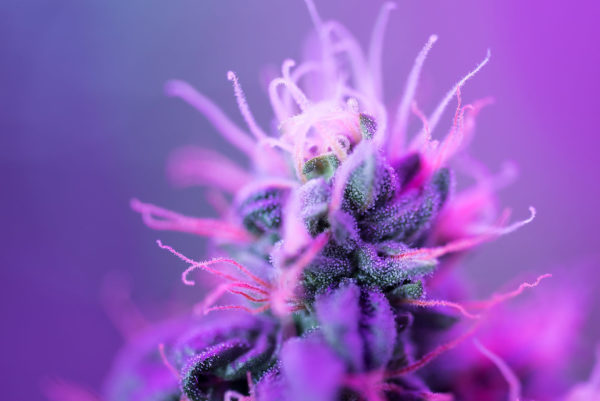Advertising is a vital part of establishing a brand and growing a business. As the psilocybin regulations near finalization in Oregon, potential psilocybin manufacturers and service center licensees are eager to launch and establish their psilocybin businesses and brands.
However, emerging psilocybin businesses should carefully consider the proposed* advertising restrictions before building their brand assets (logo, brand name, website, etc.) and creating plans to promote their their psilocybin products and services.
Psilocybin Advertising Restrictions in Oregon
Rule 333-333-1010 (Definitions) defines advertising as publicizing the trade name of a licensee together with words or symbols referring to psilocybin or promoting the brand name of a psilocybin product. In addition, the draft* psilocybin regulations contain content restrictions (what can and cannot be a part of an advertisement) and medium restrictions (where advertisements can be placed).
What does “Attractive to Minors” Mean In the Context of Psilocybin Regulations
The proposed* Section 6, Rule 333-333-1010, defines “attractive to minors” as:
- Including cartoons. The definitions in the proposed* psilocybin regulations, define cartoons (Section 12, Rule 333-333-1010) to mean any drawing or other depiction of an object, person, animal, creature or any similar caricature which may feature:
- The use of comically exaggerated features;
- The attribution of human characteristics to animals, plants or other objects, or the similar use of anthropomorphic technique; or
- The attribution of unnatural or extra-human abilities, such as imperviousness to pain or injury, X-ray vision, tunneling at very high speeds or transformation.
- A design, brand or name that resembles a non-psilocybin consumer product of the type that is typically marketed to minors;
- Symbols or celebrities that are commonly used to market products to minors;
- Images of minors; or
- Words that refer to products that are commonly associated with minors or marketed by minors.
In general, it is wise to steer clear of designs that might be considered “attractive to minors”, not only when it comes to advertising, but also when it comes to developing brand assets and packaging. As logos and brand names are undeniably always a part of an advertisement, not creating compliant assets can be a significant waste of time and money further down the line.
Examples of Non-Compliant Psilocybin Advertising


Content Restrictions
Per proposed* Rule 333-333-6100 (Advertising Restrictions), psilocybin product and service advertisements, informational material, signage, and any document provided to a customer may not contain statements, assertions or claims that are false, deceptive, fraudulent, and/or misleading.
Additionally, the regulations prohibit advertising for psilocybin products and services, from:
- Containing any content that can reasonably be considered to target individuals under the age of 21, including but not limited to images of minors, cartoons, toys, or similar images and items typically marketed towards minors, or references to products that are commonly associated with minors or marketed by minors.
- Encouraging activity that is illegal under state law, including encouraging possession, manufacturing, and consumption of psilocybin outside of state-licensed psilocybin service centers.
- Asserting that psilocybin products are safe because they are regulated by the Oregon Health Authority or have been tested by a certified laboratory. In general, psilocybin advertising cannot make claims that any government agency endorses or supports psilocybin.
- Making claims that psilocybin products and services have curative or therapeutic effects or make other health claims that are not supported by the totality of publicly available scientific evidence (including evidence from studies conducted in a manner that is consistent with generally recognized scientific procedures and principles), and for which there is significant scientific agreement, among experts qualified by scientific training and experience to evaluate such claims.
Media, Website and Promotion Restrictions
Per Section 1, Rule 333-333-6110, psilocybin licensees in Oregon cannot use any advertising medium– television, radio, billboards, print media or internet advertising–if 30 percent or more of the audience for that medium is under the age of 21.
To utilize advertising mediums like television, radio, billboards, print media or the internet for psilocybin advertising, licensees must have reliable evidence that less than 30 percent of the audience of a program, publication or website in or on which the advertising is to air or appear is under 21. In other words, adults over the age of 21 should reliably comprise 70% or more of the audience exposed to the psilocybin advertising.
Websites for licensed psilocybin businesses must also make reasonable efforts to prevent individuals under 21 years of age from visiting their websites or webpage(s). Licensees can comply with this requirement (similar to the one for licensed cannabis businesses in Oregon) through an age verification pop-up or splash page that only allows access to the website after successful verification.

Violations of Psilocybin Advertising Regulations
Psilocybin licensees should remove any sign, display, or advertisement which violates these rules, as per Proposed* Rule 333-333-6120 (Removal of Objectionable and Non-Conforming Advertising). The Oregon Health Authority (OHA) will notify licensees if their psilocybin product or service advertising has violated these rules. OHA will also provide a reasonable period for the licensee to remove any sign, display or advertisement that does not comply with these rules.
Conclusion: Build and Grow Your Psilocybin Brand With Compliance In Mind
It is critical for psilocybin businesses to comply with the advertising restrictions spelled out in the proposed* regulations. Potential psilocybin licensees should keep these advertising rules and restrictions in mind as they build and grow their brand and associated assets, including but not limited to the brand name, logo, and website.
If you have questions about how the proposed* psilocybin advertising regulations will affect your psilocybin license application and business, please contact us. The psychedelic law attorneys at Rogoway Law are ready to help you with your Oregon psilocybin service center, manufacturer, and/or testing laboratory queries and concerns.
* This post is based on rules still in draft form, and open to revision following the public comment period. The final regulations, in their entirety, are expected to be adopted by December 30, 2022.
We will update this post with any pertinent information as the rules are finalized and adopted.



